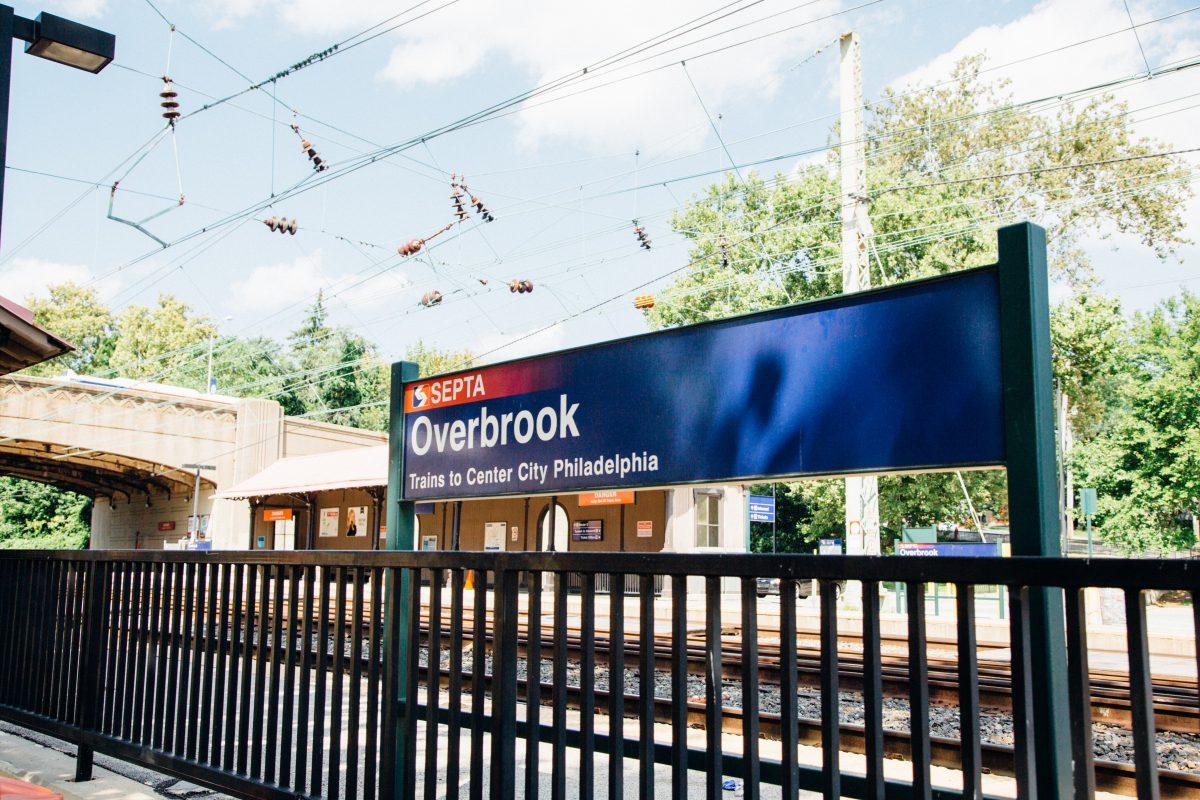Finding “me” time on the train
This past summer, I commuted into Philadelphia for my internship. Sounds easy enough, but there was one obstacle to my perfect plan—I live in Doylestown, Pa. It’s a small town, still easily accessible to Philly by using the SEPTA transit system, but it’s also the last stop on the Lansdale/Doylestown line.
Taking into account the hour and a half train ride each way, plus the 15-minute drive to the train station from my house, my commute roughly equated to three and a half hours every weekday. Monday through Friday, I cherished my morning cup of coffee on the train and prayed for a window seat on the return trip so I could rest undisturbed all the way to the end of the line.
Just like any other commuter, I have my grievances about public transportation. As much as I love sitting on a slow-moving or even stationary train, a little more communication about causes for delays would be helpful. And don’t get me started on the hoard of oblivious people I’ve seen on trains: those who sing, hum, talk loudly about personal matters or sit directly next to me despite the multitude of open seats. Riding SEPTA doesn’t elicit the same joy as collapsing onto my couch after a long day of work and a short commute, but it’s not as bad as it seems. Rather, it was a beneficial experience that forced me to find some crucial “me” time every day.
Commutes offer travelers a set period of time every day that they can use for work or personal purposes. While I often used the time to write papers for class or answer emails, the lack of Internet access limited the extent of work I could manage on a train. After a week though, I realized the hidden gem of this WiFi-less experience: I don’t need to work. Instead, I had time to rest after my long days and reflect. It was an unexpectedly precious time before I arrived home and needed to cook, clean, plan my night or fulfill any other responsibilities that weighed on me.
There’s another aspect to commuting’s appeal, though. Even with all the annoyances of commuting that I often complained about, it was a learning experience. From watching the aggressive behaviors of those who outspokenly complained about delays, I learned to channel a little more patience to avoid being one of “those” passengers. After dealing with spontaneous train delays, I gained more empathy for those who may not be quite as punctual as I’d prefer.
If you haven’t experienced a longer commute before, don’t dismiss it so quickly. Usually, when I tell people how many hours a day I spent commuting, I hear a slight groan or apology for the ride. A commute shouldn’t spur feelings of absolute dread, though.
Instead, it should be considered a step away from stress. The distance to my internship frightened me at first, but I guarantee I would’ve regretted turning down the offer simply because of a long commute. Now, I almost miss the daily routine with my fellow commuters. There’s something sacred and special about my time spent on a train car this summer.














































